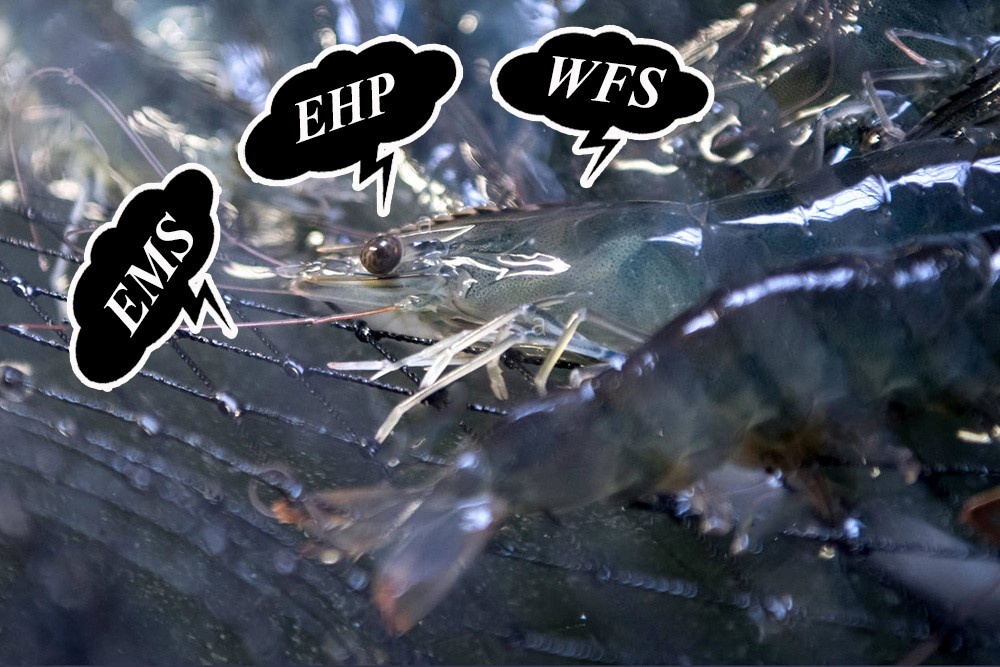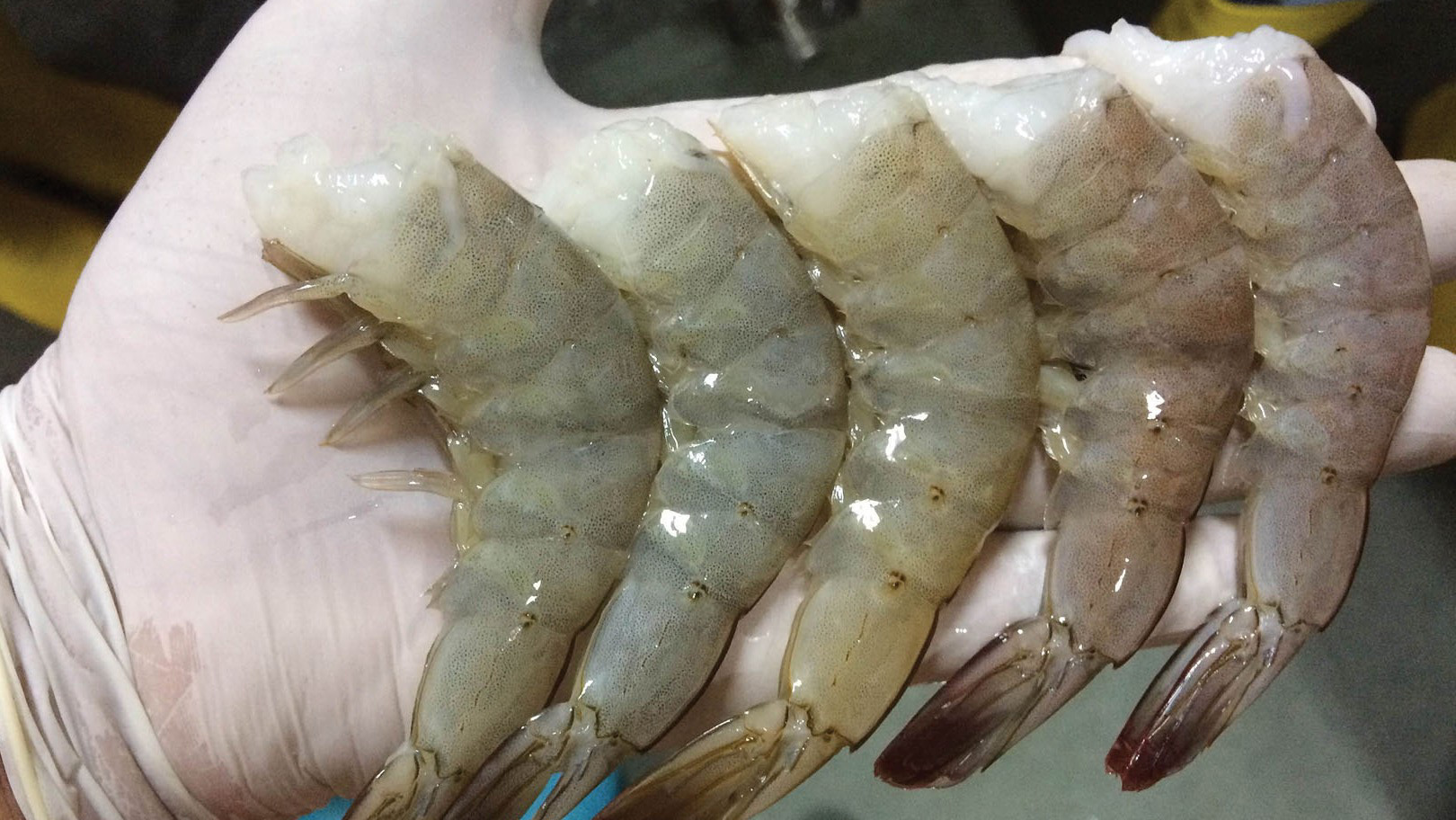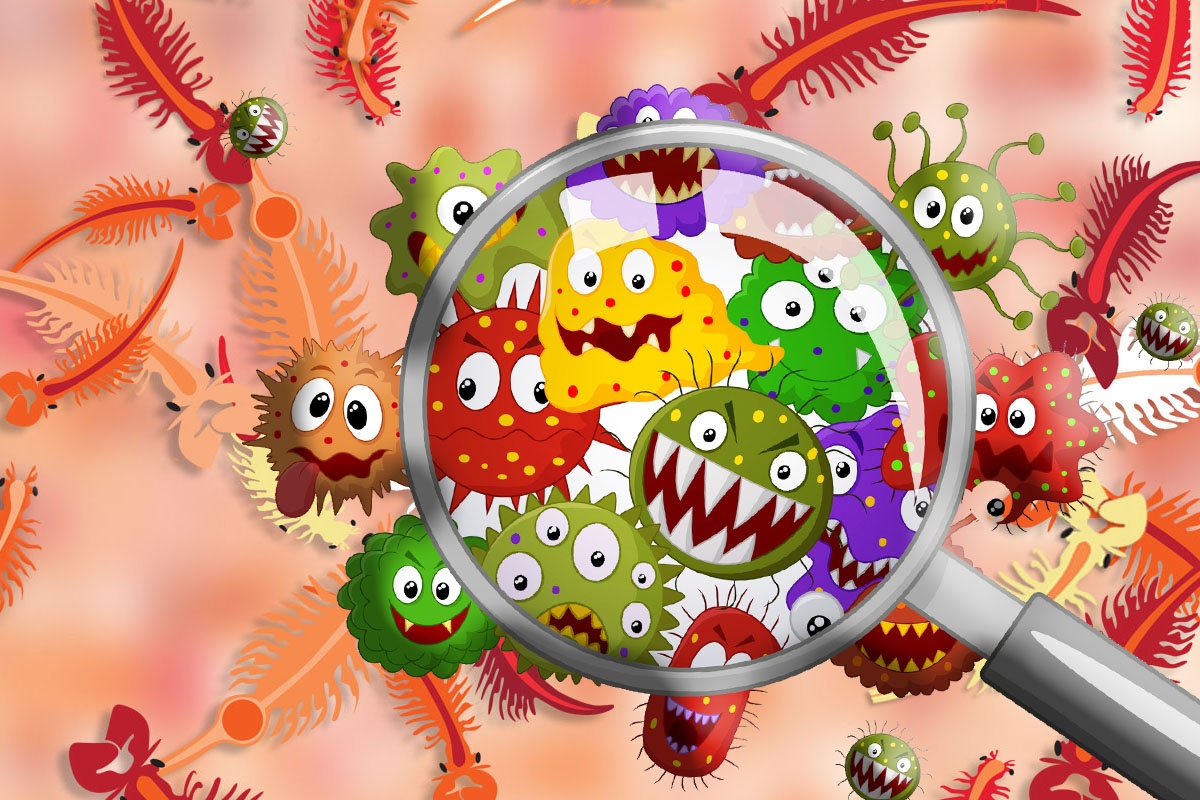Technical Information
Why is RAS still failing?
When it comes to the future of the aquaculture industry, RAS is an inevitable choice, but even though it has been around for a long time, RAS has not been widely developed and focused on investment.
Along with social development and the 4.0 era, there are more and more innovations in the direction of connected technology in order to reduce the hardship of workers and be able to manage all activities better and more connected. The field of aquaculture is no exception, at present, the equipment and technical processes to the form of farming are also continuously modernized and updated to meet the challenges coming from society, the times. and environment.
From farming processes in earthen ponds to tarpaulin ponds to floating ponds/tanks, etc., there has been a change to adapt to the actual conditions that the land area is shrinking and the demand for production increased again. RAS (recirculating aquaculture system) is also a farming method applied to protect the environment and save resources for us.
Why is aquaculture attractive to investors?
People have become more and more interested in agriculture and agricultural products over the past 15 years, and interest in aquaculture is an obvious expansion. One thing that attracts investors is reasonable and sustainable output when in operation. However, there will also be many investors who do not want to put a large amount of capital in this field for a long time. Therefore, it is necessary to work together between the investor and the project.
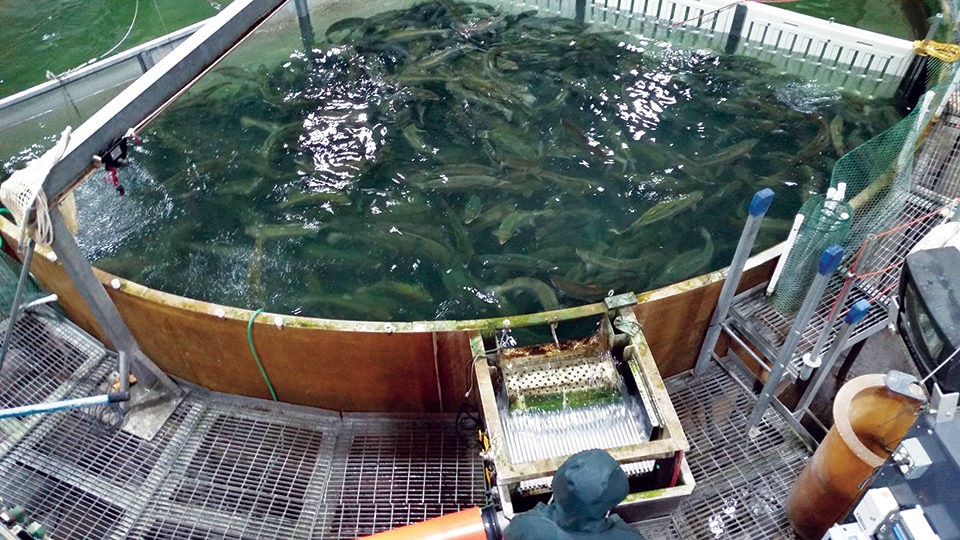
Salmon farming in the RAS . system
This is a great opportunity to invest in aquaculture in ponds/floating tanks or farms that are controlled by macro factors. The numbers on the supply and demand of seafood over the past decade have been the biggest economic driver. In addition, one thing worth noting is the possibility that demand outstrips supply, which will affect not only the price of the product but also the value of the quota (in terms of both mining and farming). In addition, this is also the point where the cost and experience curves intersect. The above has the effect of reducing the relative costs of RAS which means that projects are more feasible. In fact, RAS systems are increasingly proving to work very well, they will bring profits to farmers.
Why have all RAS projects failed in the last decade?
There are many reasons for failure! First, the production of fish species that do not supply the domestic market. Second, farmers are so optimistic about what they will achieve that they fail to see the current state of production. Third, the technologies used are sometimes not suitable for the species or culture. Fourth, is the disruption in the process of management and operation. In order to operate successfully, many factors need to work together. That starts with the market, then it’s about personnel, technology selected, project finance is equally important.
Challenges we will face when investing in RAS in the near future
In order to produce large quantities of fish with a value that consumers can afford, it is necessary to reduce project construction costs (which is inevitable and predictable). Then the question is how much money will we spend to be able to produce 1 ton of products, can this cost be reduced? Doing so requires transparency from production stakeholders about what works, doesn’t work, and why. At the same time, the RAS system is a high technology requiring experienced personnel who must learn how to solve problems that occur every day in the design, location and operation of machines, …. All of the above can happen at the same time and require us to overcome.
A good example of an investor focusing on the RAS . system
Devonian Capital Company – international investment enterprise and aquaculture projects on floating ponds/tanks and RAS. Devonian Capital soon invested in two projects, Finger Lakes Fish (localCoho) focusing on Coho salmon farming and Waterfield Farms raising tilapia, shrimp and other organic products. Both of these projects are located in the US.
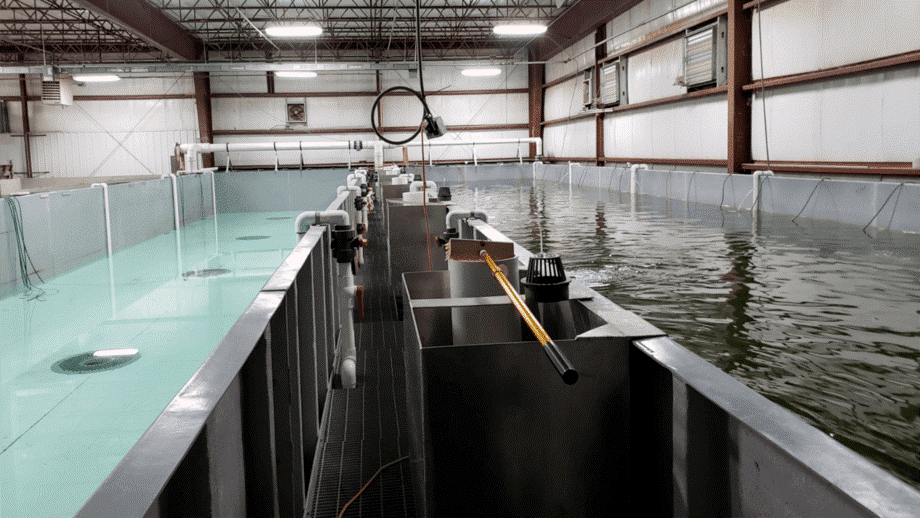
The running water system at LocalCoho. Besides financial investment, Devonian Capital also provides technology and management (they have experience in managing farms from operation to company, including Ras, ponds and cages) . These investments are to send good RAS engineers to households or other businesses to discuss commercial activities and strategies. Devonian Capital can be viewed as a shareholder supporting the operation of the business. The company’s salmon production has increased significantly since then, the scale of salmon farms after each season has also gradually grown larger. As the Atlantic Sapphire project in Miami has attracted the attention of the seafood industry, the project raises salmon indoors on floating tank fish and operates on a RAS recirculation system. We can predict the growth of pond/float culture and how the RAS will develop According to Devonian Capital, this is a potential and growing area, with sample projects such as LocalCoho and Waterfield Farms having proven to deliver solid returns to investors. This is also a premise towards sustainable development and traceability. A step forward in the revolution of adaptation and environmental protection can apply modern technologies to meet consumer pressures on food.


